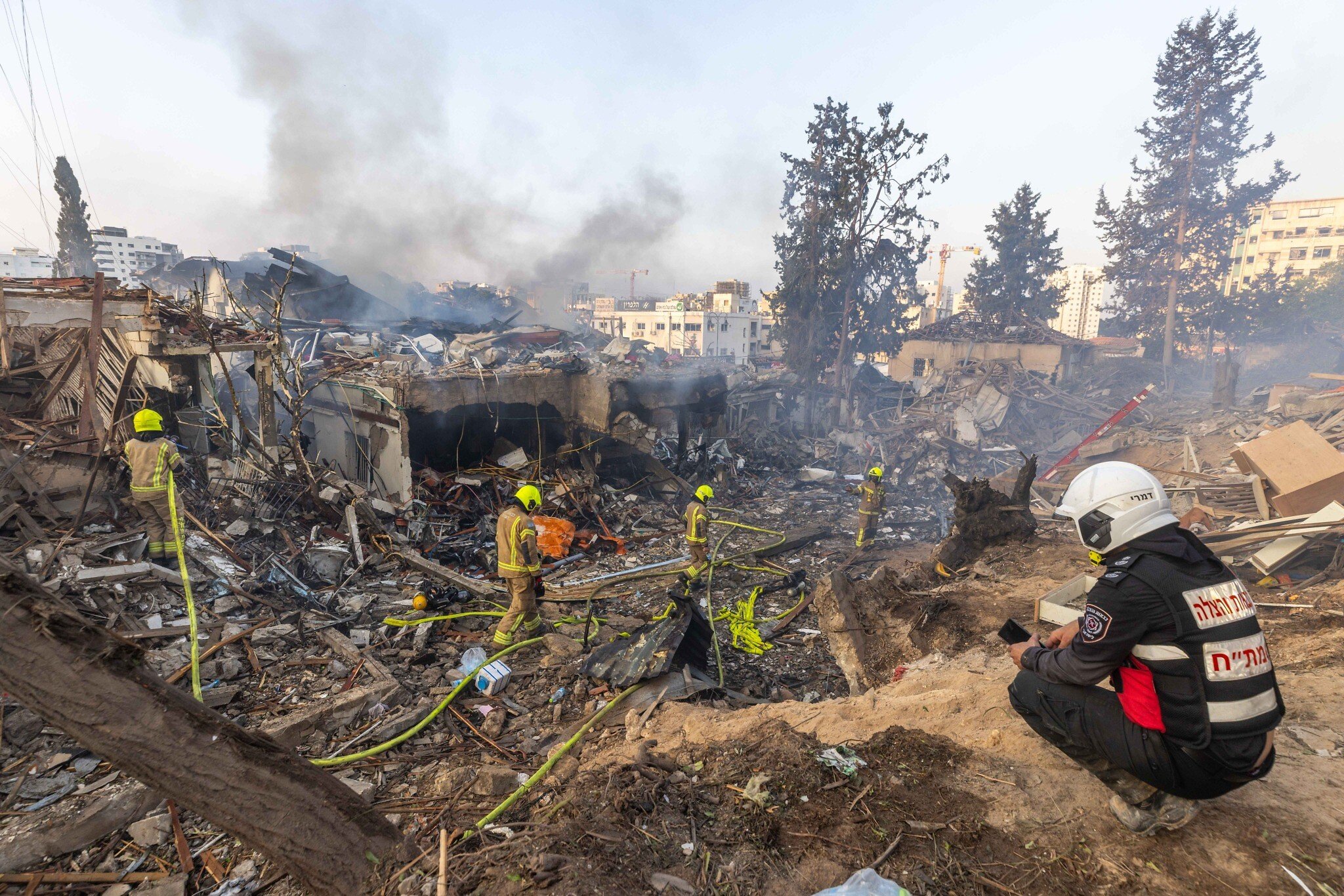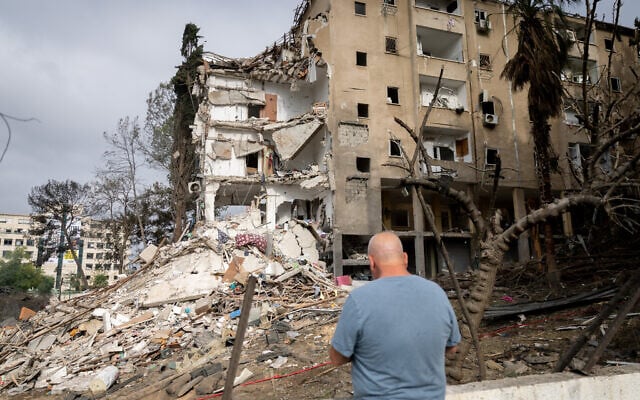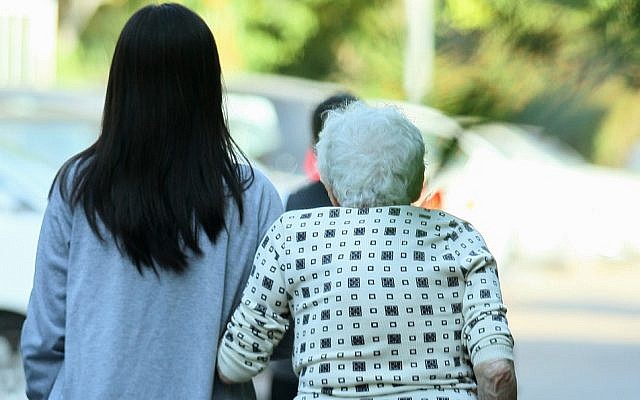



A woman wounded in an Iranian ballistic missile strike last month succumbed to her wounds on Sunday, making her the 29th victim of the 12-day war with Iran in Israel.
The Philippine embassy named the woman as Leah Mosquera, 49, who had been in Israel working as a caregiver.
Mosquera was seriously wounded when a missile struck a residential area in Rehovot on June 15.
She remained hospitalized in critical condition at Shamir Medical Center for nearly a month and underwent multiple surgeries before succumbing to her wounds, the embassy said.
Word of her death was relayed to the Philippine’s foreign ministry by Mosquera’s sister Joy, who also works as a caregiver in Israel, it said.
Her body will be repatriated to the Philippines for burial.
The ministry thanked the Israeli medical staff who took care of Mosquera during her time in the hospital, “as well as the Filipino community in Israel who offered comfort and support to her family during her hospitalization.”
According to data released by the Philippine Embassy earlier this year, there are some 30,000 Philippines nationals living in Israel, most of them working as caregivers or domestic helpers, often for the elderly or infirm.
The Israeli Embassy in the Philippines said that Israel “shares the profound grief of her family and the Filipino community,” emphasizing that Mosquera “was a woman, a daughter, a devoted worker, her life a testament to quiet strength and everyday courage. Her passing reminds us of the shared grief that binds our nations.”
Missile strikes in Rehovot during the early hours of June 15 destroyed apartment buildings in the central Israeli city and injured at least 42 people, according to the Magen David Adom rescue service.
One man was alive for hours under the rubble at the site of a strike until rescuers extracted him.
“There were casualties with bleeding and fractures,” a first responder told the Walla news site at the time. “Everyone was in a panic, screaming. The homes in the area — most are without bomb shelters as this is an old area — were damaged by the impact. Residents lay on the floor in front of the municipal market and waited for rescue. Some were rescued from a nearby bomb shelter.”
Another missile that hit Rehovot at around the same time destroyed a life science building at the Weizmann Institute of Science, though no human injuries were recorded in that incident.

The war between Israel and Iran began on June 13, when Israel launched surprise overnight strikes aimed at dismantling Iran’s nuclear program and degrading its ballistic missile capabilities, to counter Iran’s avowed threat to destroy the Jewish state.
Iran responded by firing approximately 550 ballistic missiles and around 1,000 drones at Israel. Most of the missiles were intercepted, but at least three dozen ballistic missiles hit populated areas, destroying apartment buildings and leaving over 13,000 Israelis displaced. The missiles also damaged critical infrastructure sites, including a power station in southern Israel and an oil refinery in Haifa, and the Israeli Defense Forces has admitted that a few missiles hit military sites.
The attacks killed 29 people, 28 of whom were civilians, as well as a woman in Karmiel who died of a heart attack triggered by a missile attack.
According to the Health Ministry, over 3,200 people were treated in hospitals around the country for injuries sustained due to the Iranian attacks.
Iran says over 1,000 people were killed in the Israeli strikes, without specifying how many were civilians.
The sides agreed to a US-brokered ceasefire on June 24.

